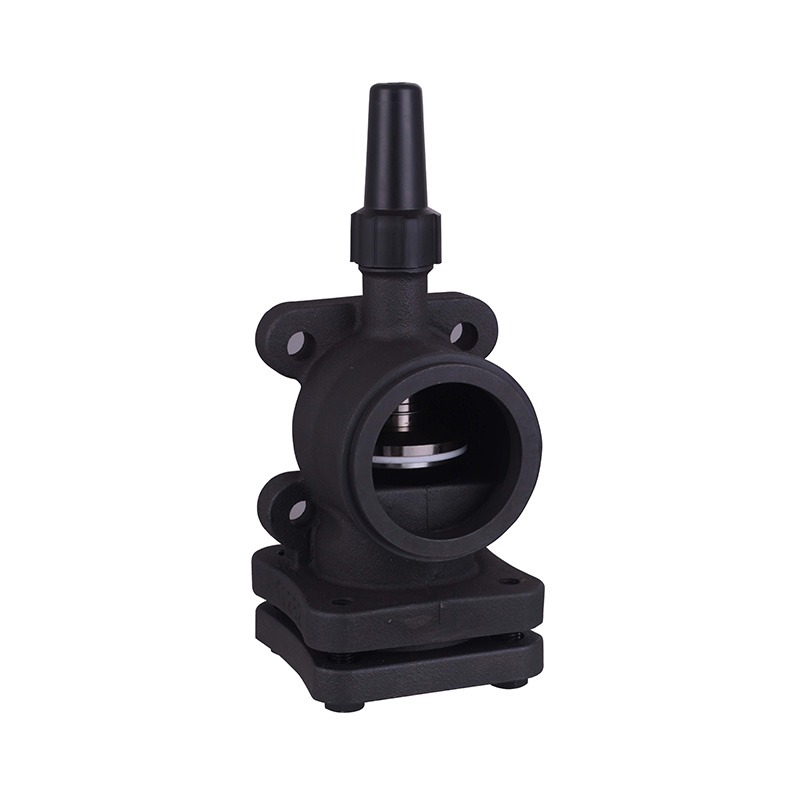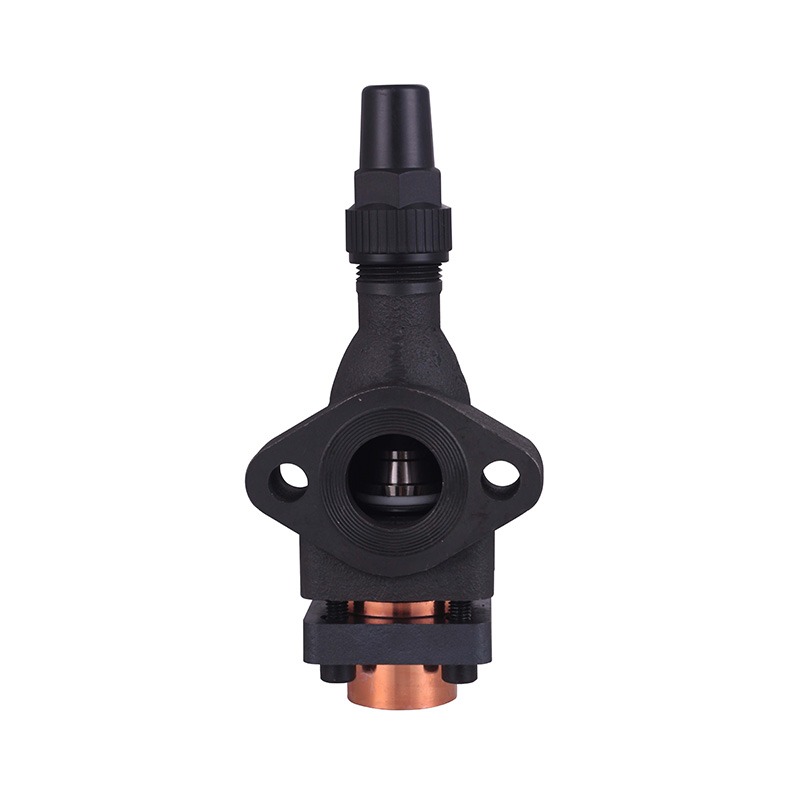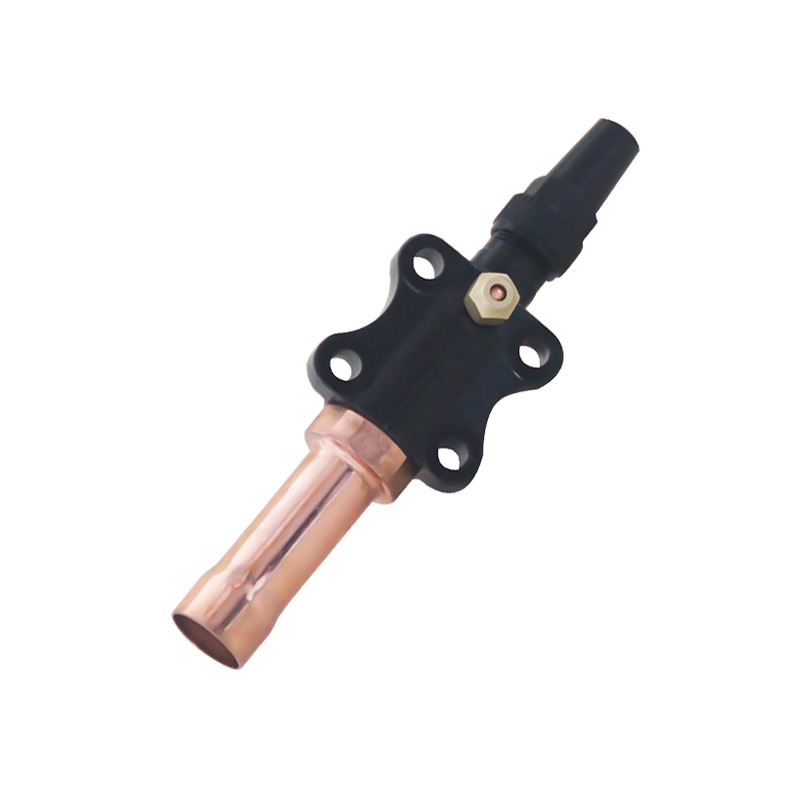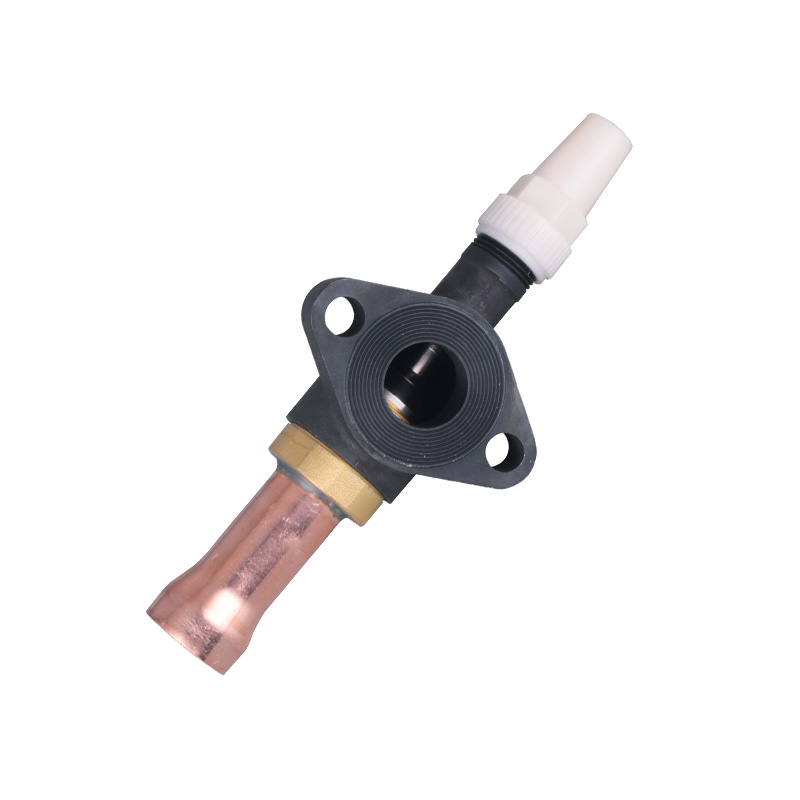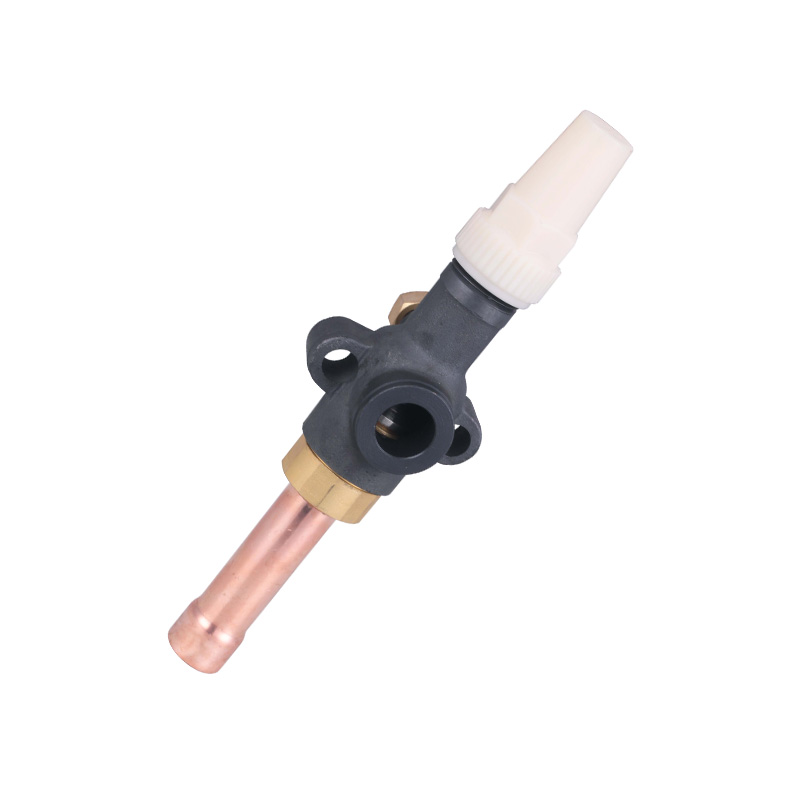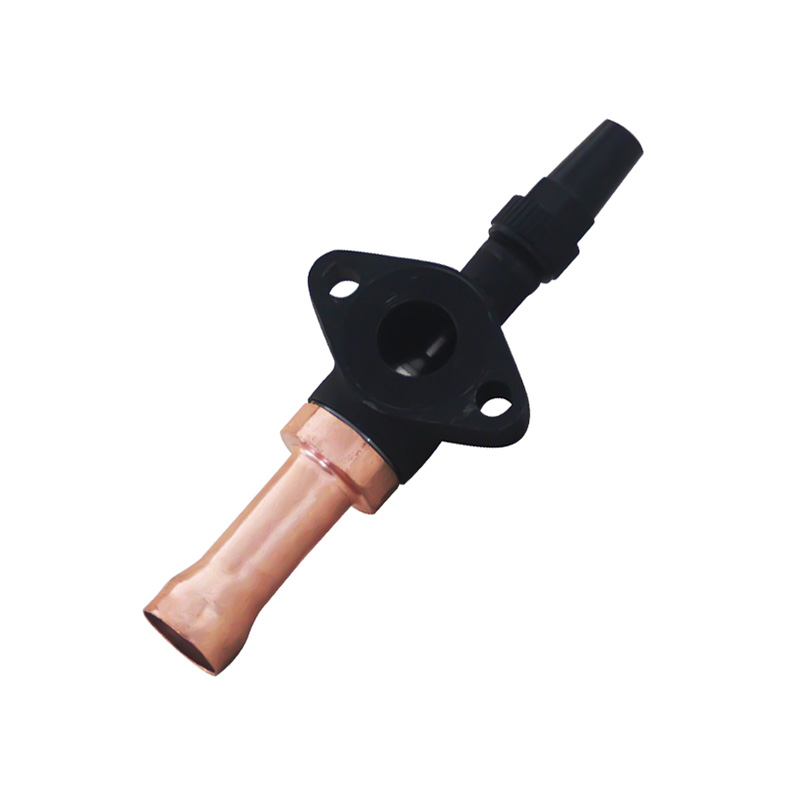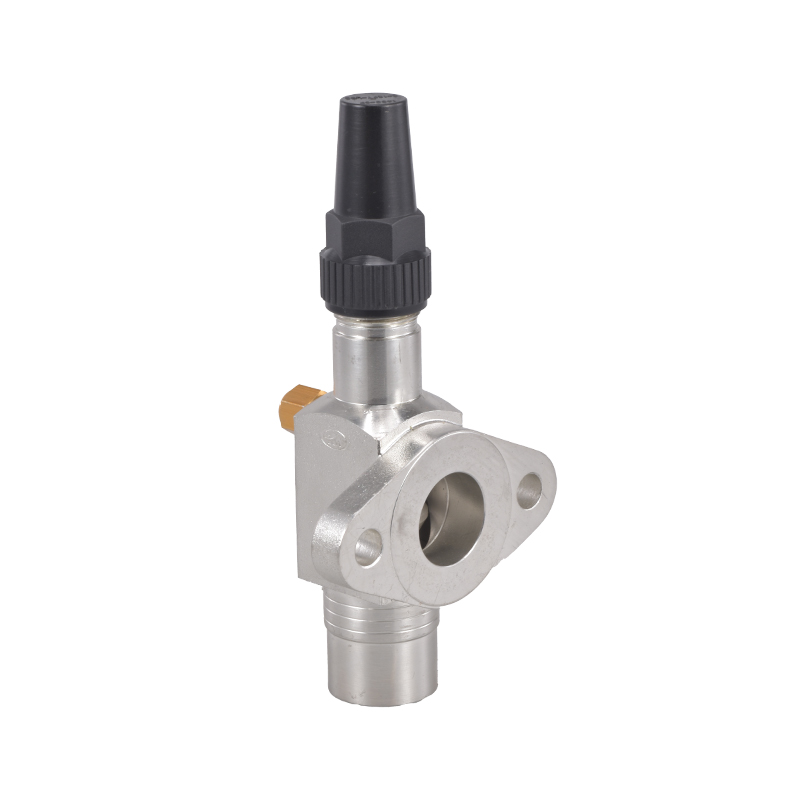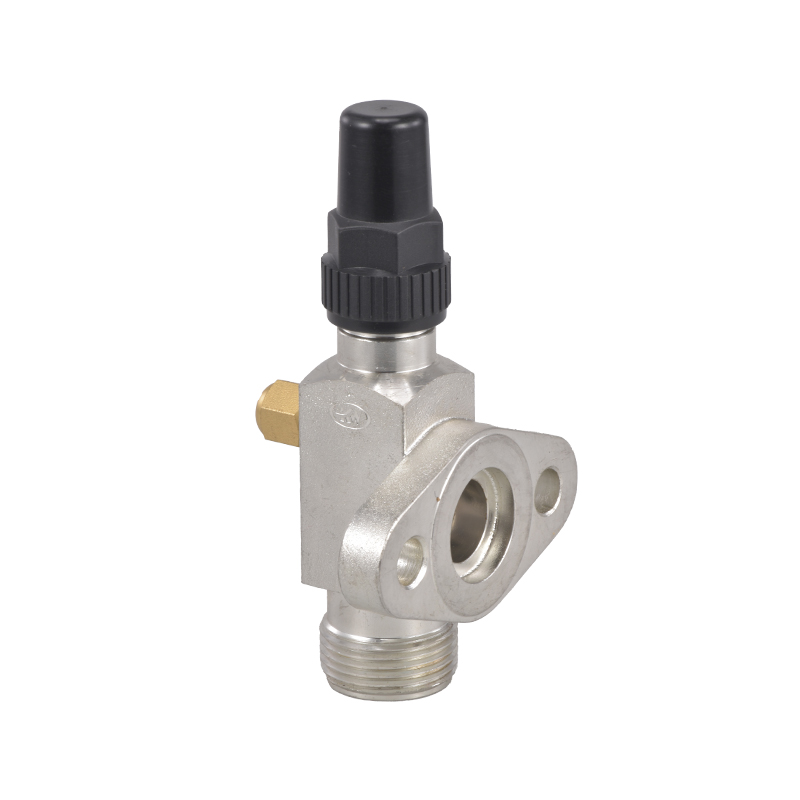What Are the Key Industrial Refrigeration Components for Large-Scale Cooling?
 By Admin
By Admin
Industrial cooling operations demand robust, efficient systems capable of handling massive thermal loads. At the heart of these systems lie specialized industrial refrigeration components that work in concert to maintain precise temperature control. Whether designing a new industrial refrigeration plant or upgrading an existing industrial refrigeration unit, understanding these critical elements ensures good performance and energy efficiency.
Core Components of Industrial Refrigeration Systems
Large-scale cooling relies on several key industrial refrigeration components, each serving a distinct purpose:
1. Compressors
The workhorse of any industrial refrigeration unit, compressors circulate refrigerant through the system. Modern plants increasingly use screw or centrifugal compressors for their reliability in heavy-duty applications.
2. Condensers
These heat exchangers remove heat from compressed refrigerant. Air-cooled, water-cooled, and evaporative condensers are common in industrial refrigeration plants, with selection depending on local water availability and climate conditions.
3. Evaporators
Critical for heat absorption, evaporators in an industrial refrigeration unit come in various designs including shell-and-tube and plate models, chosen based on the specific cooling requirements.
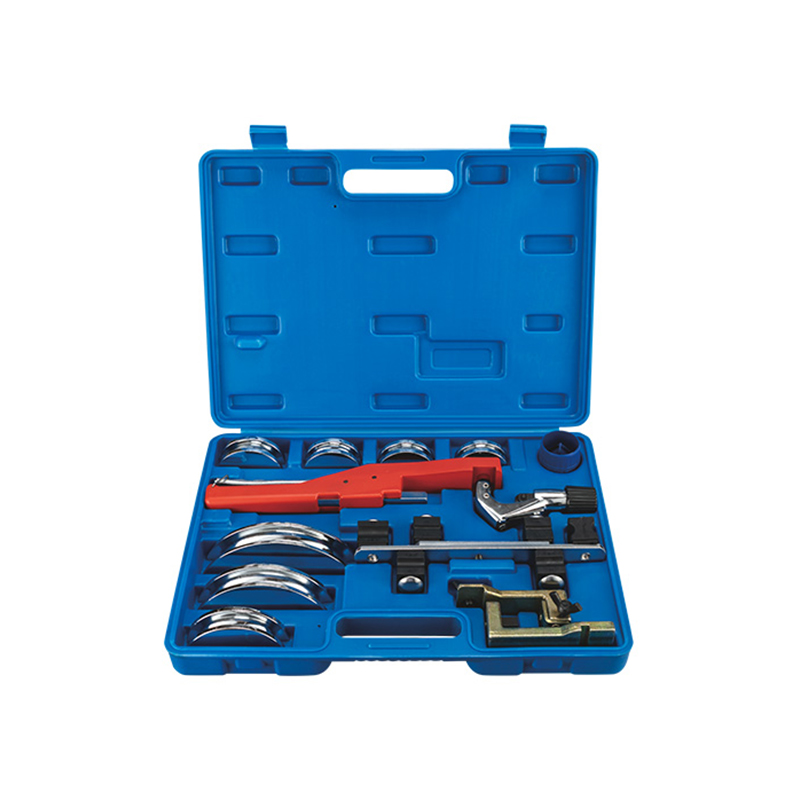
Supporting Components for System Integrity
Beyond the primary industrial refrigeration components, several supporting elements ensure smooth operation:
- Expansion valves precisely meter refrigerant flow
- Oil separators protect compressors from lubricant loss
- Filter driers maintain refrigerant purity
- Control systems monitor and adjust operations automatically
In a well-designed industrial refrigeration plant, these components work together seamlessly to maintain stable temperatures while minimizing energy consumption.
Special Considerations for Industrial Applications
Designing an industrial refrigeration unit requires addressing unique challenges:
1. Scalability
Components must accommodate potential future expansion of the industrial refrigeration plant without requiring complete system overhauls.
2. Redundancy
Critical industrial refrigeration components often need backup systems to ensure continuous operation during maintenance or repairs.
3. Energy Efficiency
Modern systems incorporate heat recovery and variable speed drives to reduce power consumption in large industrial refrigeration units.
Emerging Trends in Industrial Refrigeration
The industrial refrigeration components market continues evolving with new technologies:
- CO2-based systems gaining popularity for sustainability
- Smart sensors enabling predictive maintenance
- Modular designs simplifying installation and upgrades
- Advanced controls optimizing performance in real-time
These innovations help industrial refrigeration plants achieve better performance while meeting increasingly stringent environmental regulations.
Maintenance Practices
Proper care of industrial refrigeration components extends equipment life and prevents costly downtime:
- Regular inspection of compressors and heat exchangers
- Monitoring refrigerant levels and oil quality
- Cleaning condensers and evaporators periodically
- Calibrating control systems annually
A well-maintained industrial refrigeration unit can operate efficiently for decades, making preventive maintenance a sound investment.
Choosing the Right System Configuration
Selecting appropriate industrial refrigeration components depends on multiple factors:
- Cooling capacity requirements
- Available utilities (water, electricity)
- Ambient conditions
- Refrigerant type
- Operational hours
Consulting with experienced engineers ensures your industrial refrigeration plant incorporates the good combination of components for your specific needs.
From compressors to control systems, each of the industrial refrigeration components plays a vital role in large-scale cooling operations. Whether planning a new industrial refrigeration plant or upgrading an existing industrial refrigeration unit, understanding these key elements helps create systems that deliver reliable, efficient performance.
As technology advances, these components continue evolving to meet the growing demands of industrial cooling while addressing energy and environmental concerns. By focusing on quality components and proper system design, operators can ensure their refrigeration systems meet current needs while remaining adaptable for future requirements.




 English
English русский
русский Deutsch
Deutsch
